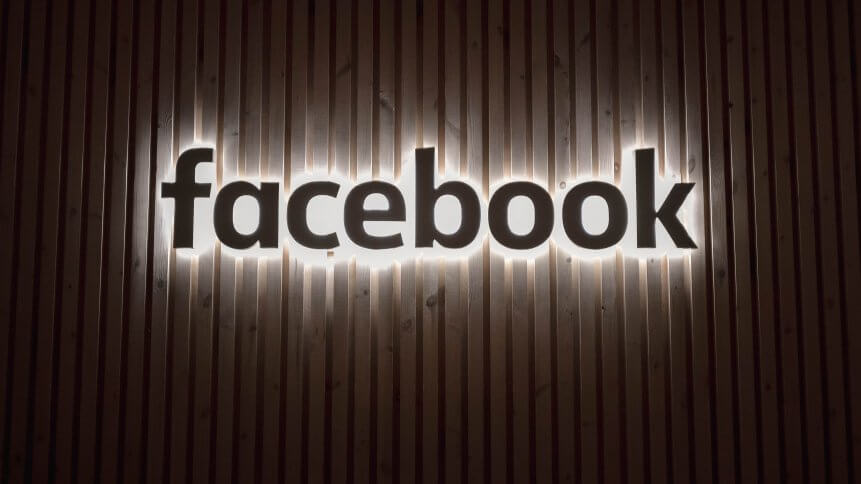UK cracks down on internet giants’ influence

The British government is poised to run a consultation starting July 1 to develop plans to create a duty of care towards internet users in the United Kingdom, to be overseen by an independent regulator.
READ NEXT

CIOs face a tight IT job market
Social media sites such as Google’s YouTube, Facebook, and Twitter each have company-specific rules defining acceptable materials and guidelines that lay out good online conduct for users to follow. Users stepping outside the bounds of acceptability get their posts taken down and accounts closed – although it is, of course, trivial to restart with a new account within seconds to resume general unpleasantness.
Thus far each company has also reacted in its own manner to public opinion and government pressure. YouTube has said that 7.8 million videos were taken down between July and September in 2018, with 81 percent of those items automatically removed by algorithms, and of those, 70 percent not receiving a single view. Facebook says 99.5 percent of all material it takes down is facilitated automatically. Both companies employ thousands of people around the world manually viewing flagged elements and acting as last arbiters.
According to UK culture minister Margot James, the government needs to bring in legislation to force social media platforms to remove illegal content and “prioritize the protection of users especially children, young people, and vulnerable adults.” The UK follows Australia and Germany, both of which countries have placed legislation similarly, with independent bodies reviewing complaints about hosted content. In Germany, companies that digress face fines of up to 5 million euros – with initial results being thought to be positive (site in German).
Australia’s Sharing of Abhorrent Violent Material Act was passed on the 5th of April and placed into criminal law (as opposed to civil), the stipulation that social media companies act quickly to remove unpleasant items. The Australian eSafety Commissioner’s Office has been able to issue companies fines of up to AU$525,000, but as of April 5, sentences can be imposed on executives in social media companies. Furthermore, companies can face financial penalties of up to 10 percent of global annual turnover.
The UK’s move is accompanied by a sound oddly redolent of a stable door’s bolts being shot across an empty space; the government is perhaps being seen as shooting from the hip, after the live streaming of the Christchurch massacre.
YOU MIGHT LIKE

Tech giants release subscriptions, not products
The scale of facilities, resources, and number of human bodies required to effectively police online behavior are indicated by the Chinese government, which employees literally hundreds of thousands of “online police,” each actively engaged in monitoring social media platforms and citizens’ messages. In that country, of course, offensive comments and posts can also include anti-government rhetoric. The “great firewall of China” means access to many Western sources of information requires citizens to master an ever more complex web of (illegal) VPNs. The situation is made easier for the Chinese censors, too, by the relative dominance of the big Chinese internet giants, like Tencent, Baidu, Alibaba and so on.
The dichotomy that government (and indeed every internet user) face is that by imposing such legislation, governments are partially forcing companies whose lifeblood is data to stem its flow. Without the overarching and oppressive imposition of control by a single body – like a national government – controlling the internet will always be a hit-and-miss affair. A system explicitly designed to make data interchange as constant as possible at an infrastructure level upwards is never going to be a censor’s dream scenario.








